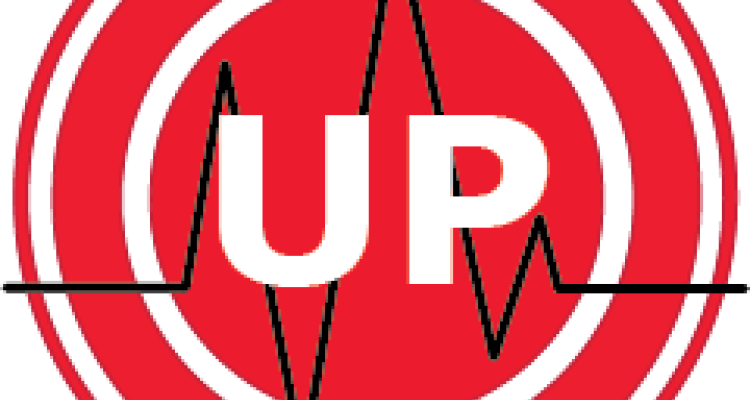
Project
Urban Pulse
The aim of this project is to assist in the progress towards circular urban metabolism by understanding spatial and temporal dynamics of natural resources flows through the city of Amsterdam.
Globally, urbanizations accommodate more than 50% of the world’s population and are estimated to be responsible for 70% of pollution and resource depletion (Rees and Wackernagel 2008). The conversion of resources can be conceptualized as metabolism. Urban metabolism refers to “the sum total of the technical and socio-economic processes that occur in cities, resulting in growth, production of energy, and elimination of waste” (Kennedy et al. 2007).
Up until now, the great majority of existing studies on urban metabolism investigated urban metabolism at the coarse scale of the city or regions using aggregated data to determine overall balances (Kennedy et al. 2007; Ngo and Pataki 2008). Furthermore, as pointed out by Kennedy et al. (2010) the urban metabolism concept has not widely been applied in urban planning and design. One reason for this lack of application is that metabolic studies at the regional scale do not match the level at which practical urban planning and design operates; namely the district scale, neighbourhood or building, block (Spiller & Agudelo 2011).
The aim of this project is to assist in the progress towards circular urban metabolism by understanding spatial and temporal dynamics of natural resources flows through the city of Amsterdam. In other words the aim of this research is to understand the Urban Pulse of Amsterdam. The specific objectives of this project are:
I. Identify high resolution and dynamic data and link them to the AMS data platform.
II. Process data to generate information that enable planners and decision makers to understand Amsterdam’s urban pulse.
III. Provide evaluation of technical and managerial options for implementation of closed loop resource systems.
These objectives will be investigated for four urban flows, namely energy, water, food and organic/inorganic materials. The method that will be use is Material Flow Analysis (MFA). MFA is a systematic assessment of the flows and stock of materials within a defined system in space and time. It makes it possible to identify and quantify flows from production to consumption and disposal. Resources can be tracked over time and geographically enabling key points in the process to be located where resource efficiency is sub-optimal.
The project is jointly funded by the Amsterdam Institute for Advanced Metropolitan Solutions (AMS), Waternet and Amsterdam Energy Company. It is coordinated by Sven Stremke (Landscape Architecture Wageningen university) and Marc Spiller (Environmental Technology Wageningen University).
- Unfortunately, your cookie settings do not allow videos to be displayed. - check your settings